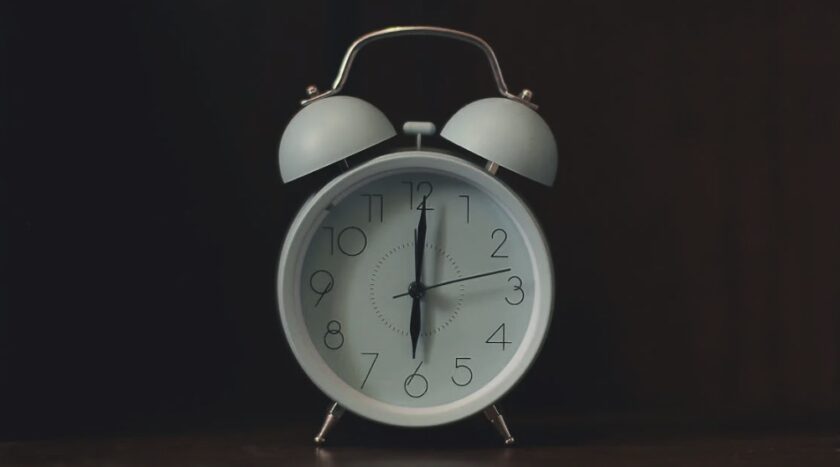Liverpool John Moores scientists call for volunteers to explore impact of winter clock change

With the clocks set to go back this weekend, scientists at Liverpool John Moores University (LJMU) are embarking on a new study to explore how the switch to winter time affects people’s wellbeing and sense of time.
The research, led by Professor Ruth Ogden from LJMU’s School of Psychology, aims to better understand the impact of the biannual clock changes, with a focus on the lesser-known effects of the autumn switch.
While the springtime clock change has been linked to disruptions in sleep, cognitive performance, and an increased risk of accidents, the autumn shift remains understudied.
This new project hopes to fill that gap, with researchers particularly interested in how these changes alter our day-to-day perception of time.
Professor Ogden explains: “I’m interested in trying to understand how it feels when your day-to-day sense of time is disrupted by an external force. Do you feel like you’ve got more or less time, and do these changes affect your wellbeing?”
The research is part of a broader investigation into how external disruptions can distort people’s perception of time.
Professor Ogden’s previous work has shown that major events like the Covid-19 lockdowns had a noticeable effect on time perception, with those experiencing higher levels of stress and isolation feeling that time slowed down, while others with lower levels of anxiety reported time passing more quickly.
The current study, which is open to all UK adults, invites participants to complete an online survey before or after the clocks go back on Sunday 27 October.
The survey will assess their sense of time, levels of time pressure, and general wellbeing.
Participants can also take part during both periods to provide additional data for comparison.
One of the key questions the research aims to answer is whether certain groups, such as socially marginalised individuals or people facing significant time pressures, like busy parents, experience the clock change differently than those who have more control over their time.
Professor Patricia Kingori from the University of Oxford’s Ethox Centre, who is leading the overall project, noted:
“We’re particularly interested in the relationship between time and power, and how control over time—or lack of it—can create various types of injustice for certain groups.”
Professor Kingori’s work, which also involves Brazilian collaborators, includes research on women whose children have been affected by the Zika virus, exploring how these mothers experience time differently due to the long-term care their children require.
The overarching aim of the study is to develop strategies that could help address inequalities tied to time perception, with potential improvements in both individual and societal wellbeing.
Professor Ogden believes the clock change offers an important lens for examining how time disruptions can affect different groups.
“For me, the clock change gives us a little insight into what happens when time changes for everybody else, but it hasn’t quite changed in the same way for you,” said Ogden. “It raises interesting ideas, like should we have a human right for time?”
The study’s findings could contribute to broader discussions on the relationship between time, wellbeing, and social justice, as well as provide insights into how the structure of time affects people’s everyday lives.
UK residents can participate in the study by visiting the dedicated website and completing the survey before or after the clock change on 27 October, click here.
Spotted something? Got a story? Email: [email protected]
Latest News
